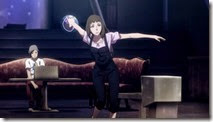 |
 |
 |
There were a lot of questions hanging in the air after last week’s episode of Death Parade – fundamental ones pertaining to both the series’ form and its content. Some of them were answered this week (including in the preview) but a bunch of new ones were raised, too. This was a masterful episode in that not only did it entertain splendidly on its own terms, but it opened up a new world of possibilities for where the series might go from here. It’s exhilarating to ponder where a writer/director with as munch imagination as Tachikwa Yuzuru might go with an entire season in which to give free run to his muse.
Three weeks on, I can’t remember another season where the gap between the best new show and the rest of the field was as wide as it is here. It’s damn hard to write compelling character drama when you effectively start over every week – without the luxury of time to develop characters (and viewers’ engagement with them) making an audience care about what’s happening is much more difficult – but so far Tachikawa-sensei is up to the task. In that respect DP has more in common with Mushishi than the eerie resemblance between the two main characters.
This week’s “Rolling Ballade” focuses on the game of bowling, which I can attest has become very popular in Japan these last few years (especially with those in the age bracket of this episode’s protagonists). The central players are Miura Shigeru (an excellent Majima Junji) and Miyazaki Chisato (M.A.O) – though her name will become a component in the drama. Shigeru arrives unconscious and Chisato not remembering her name (though the veracity of that claim, too, will become a salient point). But it’s clear right away that this is a different sort of story that’s come before above and beyond those obvious differences.
One worry I’ve had about Death Parade is that if it continued to more or less fixate on the dark side of human nature, it might become a bit of a depressing slog in the end. With “Rolling Ballade” we now know that this is a series that’s open to tales of widely differing tones, which I think is a huge boon to its staying power. The nature of DP is such that if the protagonists don’t know what’s going on, we probably don’t either – but the tone of this matchup is starkly different from the first two games we’ve seen in this mythology. Even Onna makes note of the fact that it’s a refreshing change-of-pace – though Dekim’s reaction to that is rather unsettling.
Watching Shigeru and Chisato bowl is akin to watching two shy young adults on a first date. As it turns out that’s effectively what this is, which means the series deserves a fair amount of credit. The impact is that I found myself fervently hoping that some deep dark secret wouldn’t be revealed and set these two sweet kids off against each other. And while there is indeed a deep dark secret and the game itself is rather grisly (each kid bowls with a ball containing a representation – lifelike in heart-rate and temperature – of the other’s heart) – there’s no simmering resentment or cruelty in what’s happening here. These two really are as nice as they seem – and as inexperienced, which makes what we know has happened to them feel all the more tragic.
In the end the big reveal is that Chisato has had plastic surgery to try and make herself look like the girl that Shigeru loved when all three of them were childhood playmates – which is rather pathetic and sad, but a crime against herself more than anything. Whether she remembered that all along is debatable – I would argue that it’s suggested she didn’t until her final ball – but what really strikes me (sorry) as important here is that it seems even after Shigeru (in life) learned the truth, he still intended to strike up (sorry) a relationship with Chisato (whose real name is Mai) again (though that too is debatable, as we don’t know what he was about to tell her on that ill-fated bus). What’s clear to me is that neither one of these young people deserved the Onii-vator – and we no know that it’s possible for both participants to get on the same elevator, even if they end up in different places. It’s sad that these two had only their brief “date” to be together before being split up again, but it would have been much sadder to see either of them sent off into the void.
It’s very good to see the rules show a little flexibility, because it gives Death Parade a lot more wiggle room in its storytelling. It’s also nice to see that Dekim is both able and willing to bend the rules a bit to allow his two innocents to have a taste of what might have been, had they lived (that Onna again shows herself a romantic is no surprise). I’m also pleased to see that next week is another new story, indicating that last week’s “answer key” episode is a series intro one-off (or at least an uncommon occurrence). I’m happier that we’re not going to see the man behind the curtain every other week – now that we know the basics, I’d much rather things be left to interpretation. This is a series that gives us both a lot to think about and a lot of reasons to feel, and those kinds of shows are pretty darn rare. It’s clearly the best show of the season, and the possibilities from here are exciting to ponder.
 |
 |
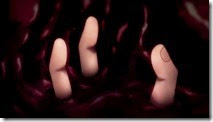 |
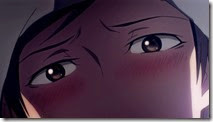 |
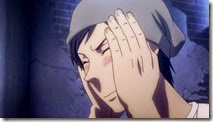 |
 |
 |
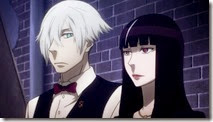 |
 |
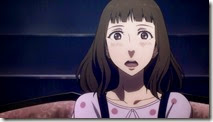 |
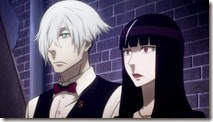 |
 |
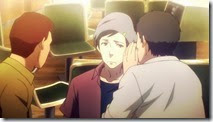 |
 |
 |
 |
 |
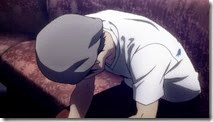 |
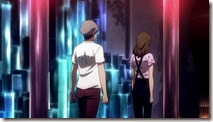 |
 |
 |
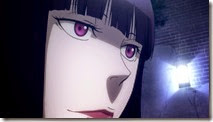 |
 |
 |
 |
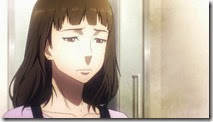 |
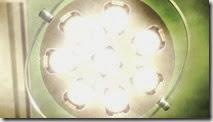 |
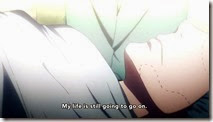 |
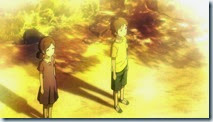 |
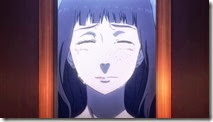 |
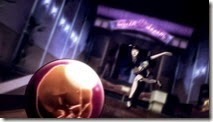 |
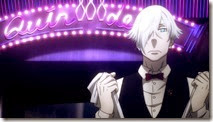 |
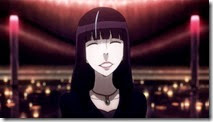 |


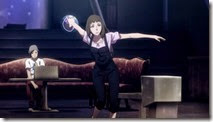
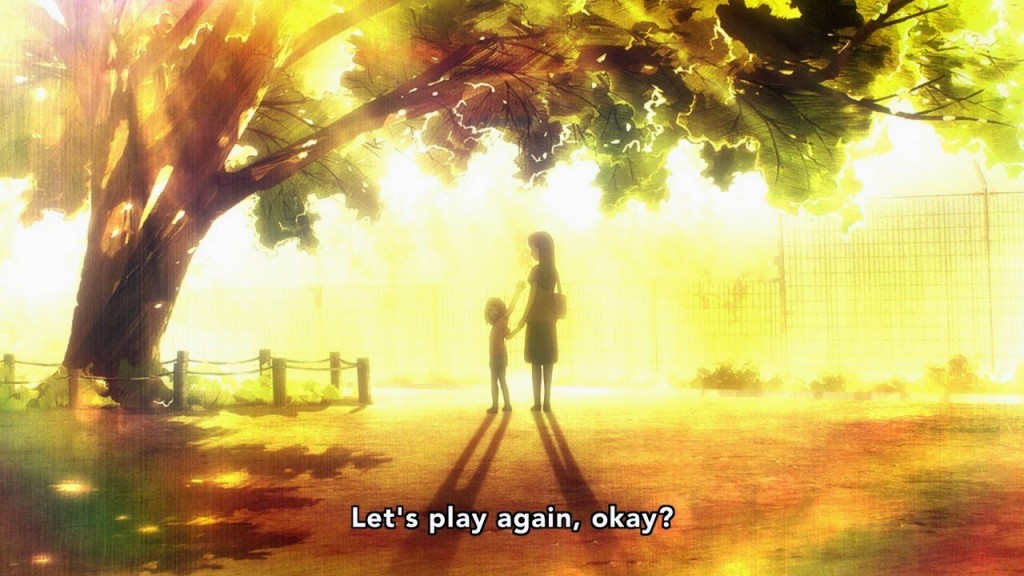
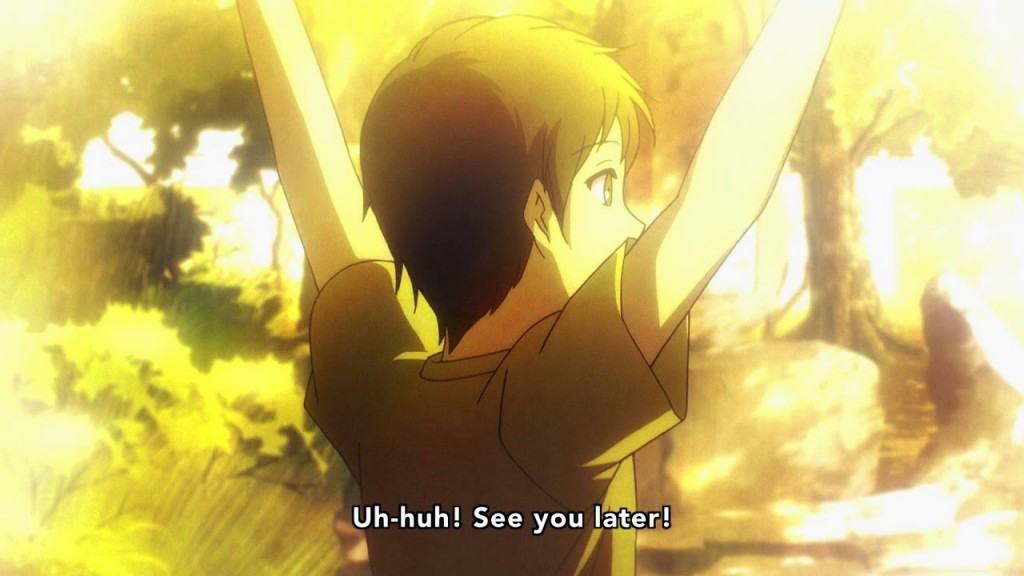
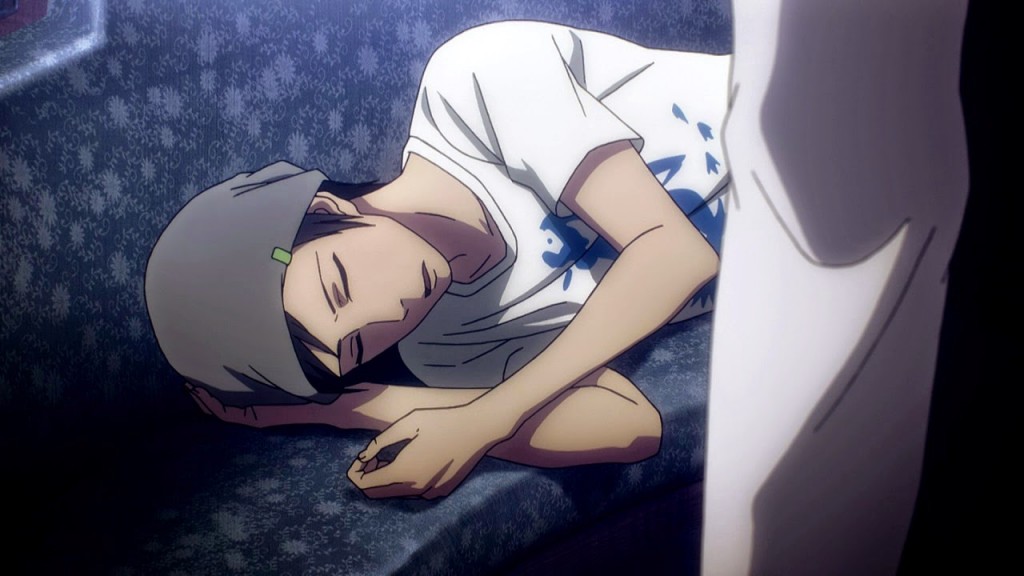
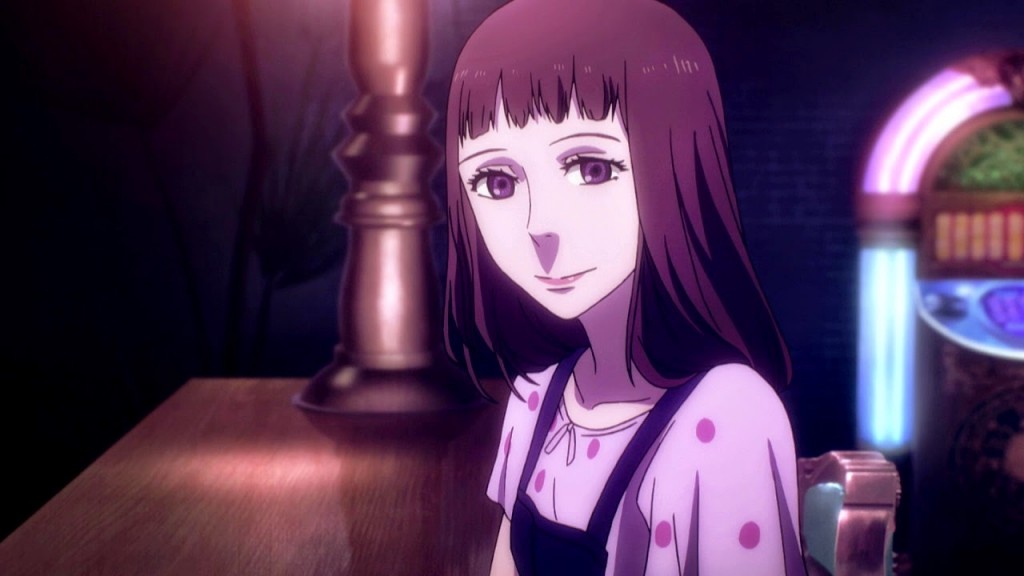
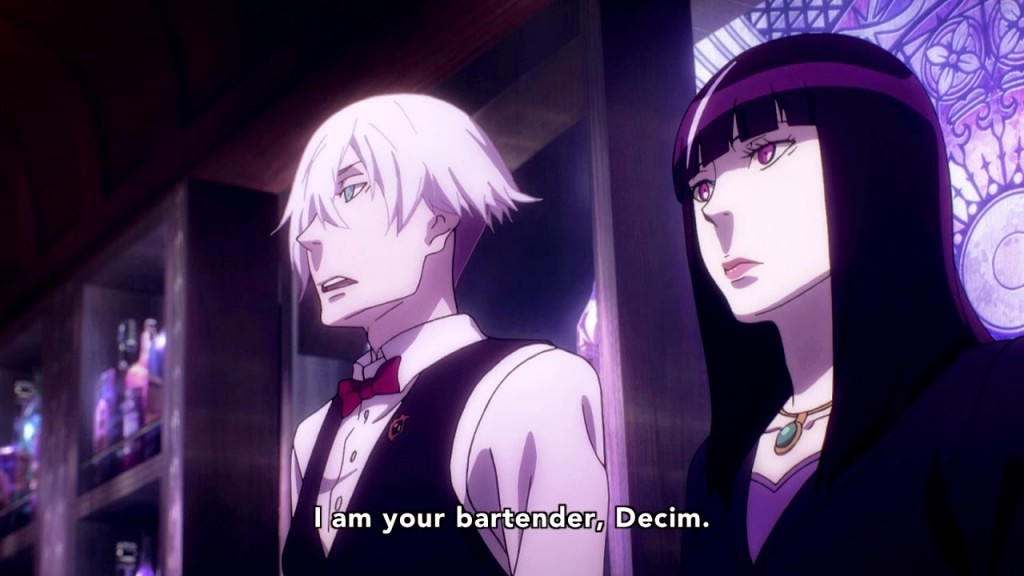
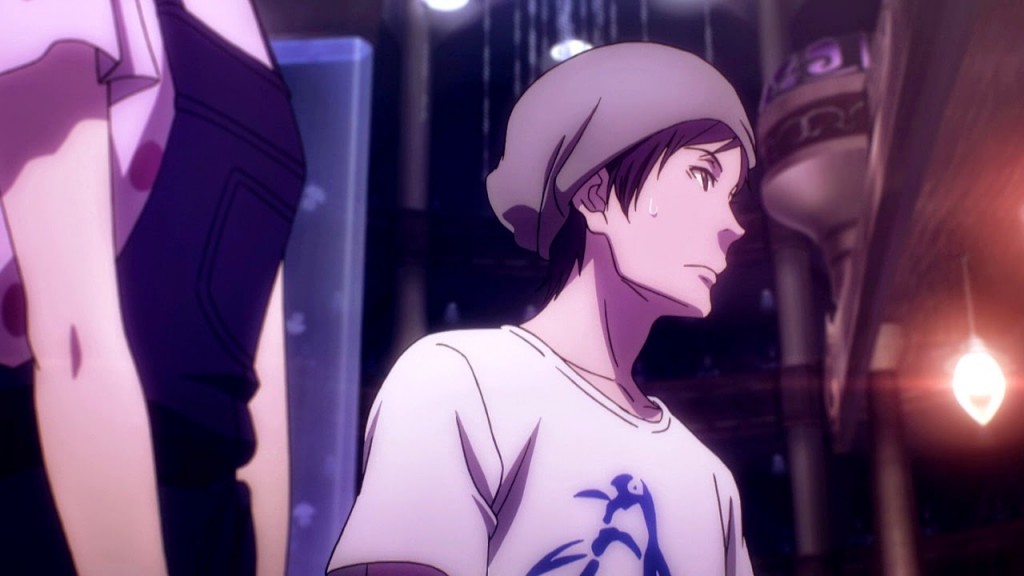
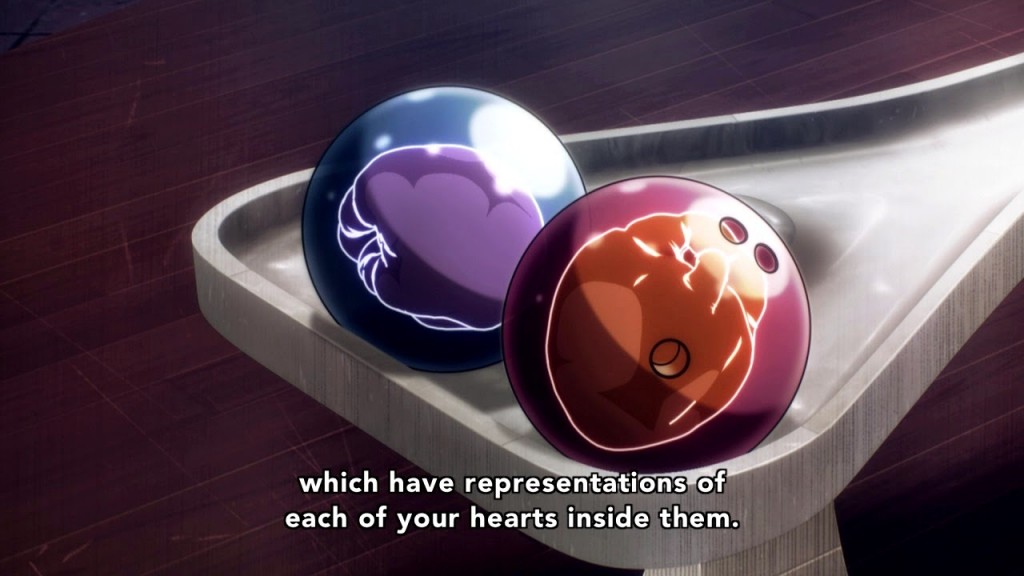


Zeta Zero
January 24, 2015 at 11:01 amDidn't really like it.
David Pulver
January 29, 2015 at 9:32 pmHave to agree – this was a dire episode. The format is predictable, the characters are flat – there is basically zero characterization – and the mysteries pedestrian. The central conceit is cute, but is getting old after three episodes.
Two shows that did this sort of thing much, much better are Hell Girl and Shigofumi.
I am flabbergasted that anyone would consider this the best of the season…
Zeta Zero
January 31, 2015 at 5:30 amIt's very pretty to look at though! 😉
Hangman
January 24, 2015 at 11:21 amHmm, it feels like the show is losing depth with each episode. At least, it seems like there's no room in the game for interpretation anymore. Will await future episodes to see how all this game changing holds up.
I think this episode will go down well with most people for hitting right emotional keys though.
admin
January 24, 2015 at 4:58 pmSuch a high condescension content for such short comment…
maverickmann84
January 25, 2015 at 4:38 amI can't understand how making something open for interpretation makes it better. Obviously this is my opinion, but doing that is flat out lazy writing. You don't know how to pick a side and make your point one way or the other, and so you just cop out and leave it open. That's the main issue I have with Urobutcher: that he doesn't pick a side and leaves it to the viewer to decide what is right and wrong. It's not bad per se, but aren't you supposed to be making a point with your story?
Rita
January 25, 2015 at 6:01 amI think that's a matter of opinion. I agree that I have the same problem with Urobuchi's works, but at the same time I also have a big problem with shows that basically dump a truckload of exposition on me. The kind that spell out every think because they assume the audience won't "get it" otherwise.
However, I don't think Death Parade falls in either category. Certainly, there is less ambiguity regarding what happened on screen with this episode than the first, but I'd argue the tone and intent of these two episodes are completely different. The first "secret" was undeniably much darker than the one in this episode, so in order for it to work I can't imagine that the same approach would have worked. I don't consider that the show losing depth, just adjusting.
Hangman
January 25, 2015 at 7:43 am!
What I mean specifically is that Quindecim's ruling mechanics seem to have lost some depth after discovering that the outcome of players is based on an Arbiter's arbitrary hunches (and receptiveness to the players it looks like). Decim's thickheaded reading of the players condemned a potentially innocent Machiko to the void black-hole-something. I don't expect the show to be completely interpretative, but a few key reveals last week took a bit of shine off for me.
Anyway, I wasn't aiming to be condescending. My impression was that the show is becoming more straightforward, so may be compensating that with a greater/wider emotional appeal. A reprieve from doom and gloom isn't a bad thing, but I have doubts about the 'anything goes' approach it's taking towards the complex issue of philosophy/morality.
Zeta Zero
January 31, 2015 at 5:51 amThe afterife must be under-resourced.
elianthos80
January 24, 2015 at 12:42 pmAnd in the light of today's episode outcome I feel more than ever a silent cry rising inside: ' Machikooooo you poor soul D,: '
—
It was a comparatively light epsode this week both in terms of mood and of symbolism/imagery, with the lotus pond and the jellyfish aquarium+jellyfish chandelier.
The tone of Decim's observation about Onna might be a tad ominous for her stay as assistant. If an assistant role is to be the human counterpoint to the never-been-alive arbiters the more assistants get accustomed to the whole process the more they become like the arbiters, hence losing the very function and reason they're chosen. Basically an assistant is bound to be temporary (the '3 months term' of last week?) least he/she loses its effectiveness for the system. But then what happens to them afterwards? ^^
In any case I'd like we were introduced to the other characters in the OP sooner rather than later… to have more of a peek at the show's concept and geography of this afterlife. It would make for a more rounded experience for me.
maverickmann84
January 25, 2015 at 4:48 amAfter the first ep I really was worried the show was going to be awful. Just another Gantz where cruelty reigns supreme just to make the point that life is a bitch. I said then that if they give time to developing the characters who run the game, and mix in non depressing elements (well this one was sad in its own way) that it could be a great show as it's been very well written. I'm so glad that turned out to be the case, and even though I generally dislike the people running the game, that is not in a bad character kind of dislike but more that the story sucks me in and I think what they do is unreasonable and cruel.
I'm starting to think that the mask on the elevator or just to represent the fact that one can go to heaven or hell, and aren't necessarily an indication that you will or will not go to one or the other. In week 1 frankly the husband deserved to go to hell, and depending on your moral compass the wife as well. If the point is to bring in pairs of borderline heaven/hell people how would it make sense that either of these two were sent there. I think each person has the potential to go to either end and potentially can go to the same one, but they don't ride together bc they are moving on to their next life, not into some shared existence. That also adds to my confusion as to how anyone can say it isn't open ended in that regard. Where's the proof that they said this one went here and that one went there? Without concrete proof it's impossible to say since in ep1 the husband who killed his wife/unborn baby went to heaven? That'd make perfect sense bc as we all know if your wife gets pregnant with another man's child you are allowed to kill her and the baby. That's no big deal.
admin
January 25, 2015 at 6:11 amHe didn't go to heaven. He was sent to be reincarnated, effectively to see if he could do better in the next go-around based on what he learned in this one.